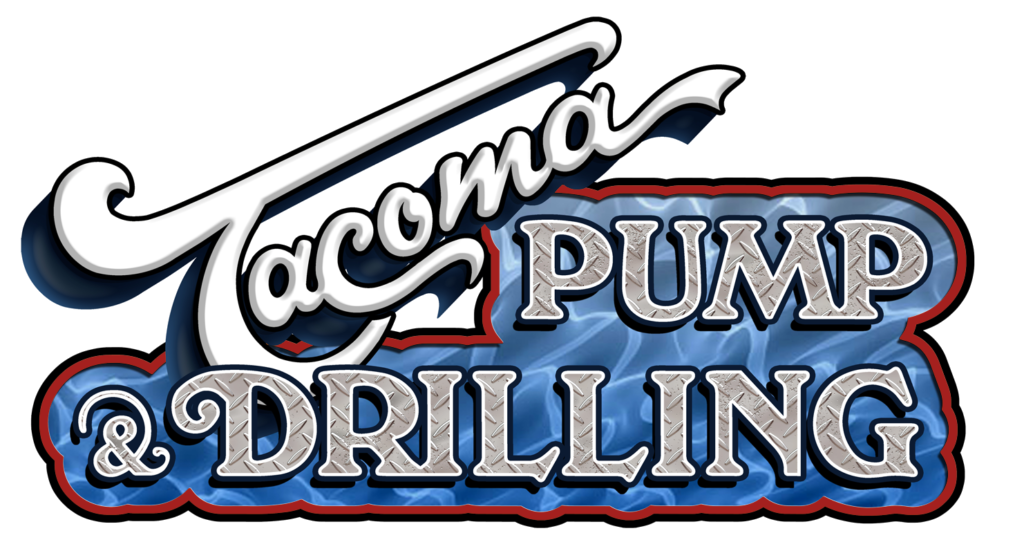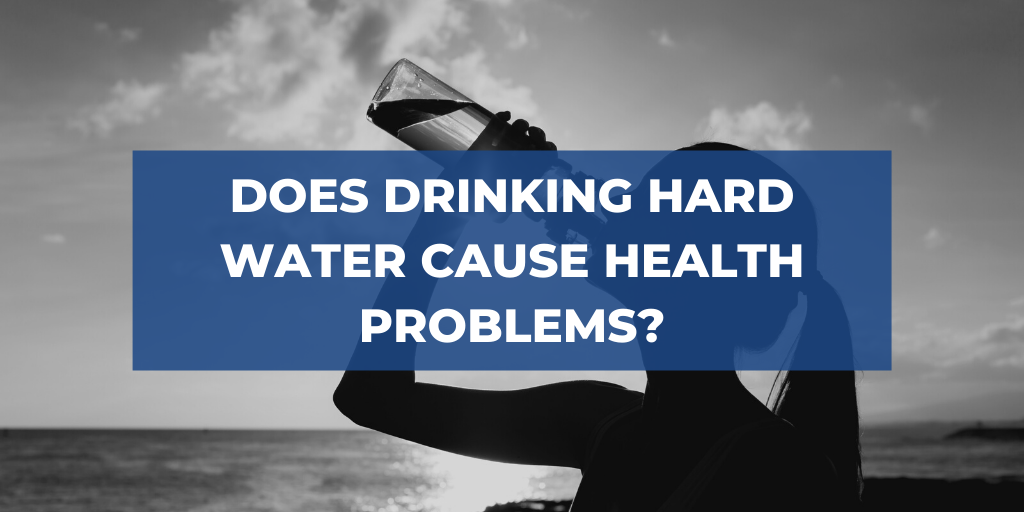Hard water is caused by a buildup of certain minerals. These minerals, particularly magnesium and calcium, are more present in water in specific regions of the country. But hard water can also occur when your residence or public water supply comes from an aquifer. Does drinking hard water—and the excess minerals within—put your health at risk? We’ll answer all of your questions and more as we explore the health effects of drinking hard water.
Is Hard Water Bad for You?
This is a common question among homeowners experiencing the negative effects of hard water on their skin, hair, appliances, and more.
It’s true that hard water causes many frustrating problems for homeowners. Watching the minerals build up on your shower head is likely to make you wonder: is drinking hard water bad for my health?
The short answer is no. Hard water is safe to drink. In fact, there can be some health benefits to the naturally occurring minerals that are often missing from soft water. We’ll dive more into that in a moment. For now, breathe easy knowing that your hard water consumption isn’t harming your health.
The Truth About Drinking Hard Water
Studies show that the dissolved minerals in hard water often replace minerals that are missing from our diet. Not only that, calcium and magnesium possibly even provide some protective benefits against cardiovascular disease and may help protect against several different types of cancer.
According to the World Health Organization, magnesium and calcium are both essential minerals and beneficial to human health. Inadequate intake of calcium is linked to increased risks of osteoporosis, kidney stones, coronary artery disease, insulin resistance and obesity, colorectal cancer, and even stroke. Calcium plays a significant role in helping us maintain bone health and bone density, especially later in life.
Magnesium also provides unique health benefits when consumed. Inadequate intake is connected to coronary heart disease, type 2 diabetes, metabolic syndrome, and hypertension. In fact, pregnant women experiencing pre-eclampsia are often treated with magnesium salts.
Excess intake of calcium or magnesium, on the other hand, is rarely a concern in healthy individuals. Our kidneys are designed to remove any excess minerals from our bodies.
Drinking hard water in many regions of the world provides beneficial minerals that your body needs to stay healthy. In some cases, populations aren’t receiving these minerals from their diet. In those instances, hard water minerals serve an even more important role in helping people maintain healthy levels of these significant minerals.
Ironically, when water is demineralized, it not only loses the beneficial minerals but also the taste consumers want. In those cases, minerals are added back into the drinking water simply to enhance the flavor.
How to Know if You Have Hard Water in Your Home
Many homes and cities that utilize well water also experience hard water. This is because well water is pulled from underground aquifers. This groundwater absorbs minerals as it passes from the surface down into the aquifer, often making it harder than other publicly available water.
While drinking hard water is safe, there are some negative effects to using hard water in your home. The excess mineral content in hard water causes mineral buildup on showerheads, faucets, and even in household appliances. Other complaints include soap scum buildup in showers and tubs (and even on the skin). This is because the mineral content often leaves a film on surfaces that leaves you feeling soapy despite how much water you use to rinse.
If any of these issues sound familiar, it is likely that you have hard water in your home. Water treatment methods can help reduce the effects of hard water on your appliances, laundry, and shower.
However, there is no need to treat your hard water for consumption. Drinking hard water does not negatively impact your health. In fact, you may even find you prefer the taste of minerals naturally present in your hard water.
Tacoma Drilling is a full-service drilling company offering residential well drilling in the greater Puget Sound region. Commercial drilling services include geothermal wells, municipal wells, construction, and environmental exploration. For more information about adding a well to your property or public utility, contact us today.

